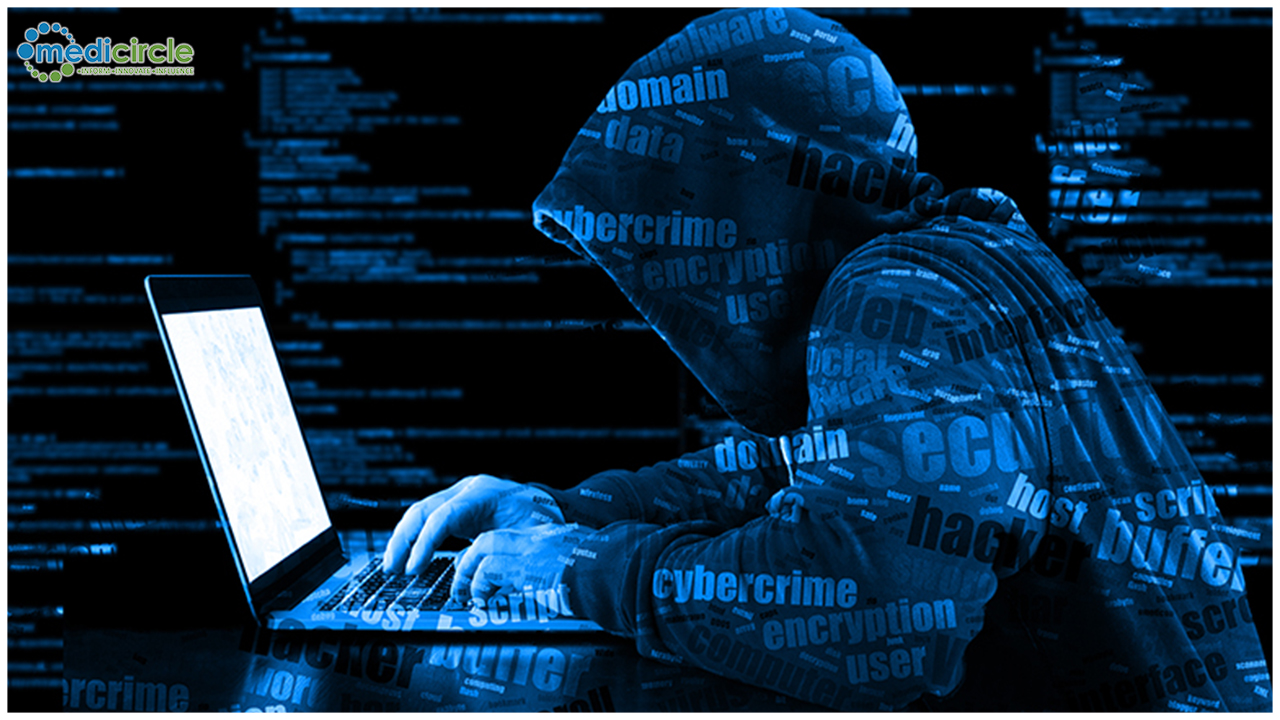The hacking movement against partnerships in the United States and different nations dramatically increased by certain estimates a month ago as advanced criminals exploited security debilitated by pandemic work-from-home strategies, scientists said.
Corporate security groups make some harder memories ensuring information when it is scattered on home PCs with generally fluctuating arrangements and organization machines interfacing remotely, specialists said.
Indeed, even those telecommuters utilizing virtual private systems (VPNs), which set up secure passages for computerized traffic, are adding to the issue, authorities and analysts said.
Programming and security organization VMware Carbon Black said for the current week that ransomware assaults it observed hopped 148% in March from the earlier month, as governments overall checked development to slow the spread of the novel coronavirus, which has killed more than 130,000.
There is a carefully noteworthy occasion happening out of sight of this pandemic, and that is there is a cybercrime pandemic that is happening," said VMware cybersecurity strategist Tom Kellermann.
"It's simply simpler, in all honesty, to hack a remote client than it is somebody sitting inside their professional workplace."
A few others reverberated the finding.
Tonya Ugoretz, a senior digital authority with the FBI, told an online crowd on Thursday that approaching reports about hacking had duplicated three-or four-crease during the episode. Ransack Lefferts, a cybersecurity official with Microsoft, said his organization was seeing a rise in the volume of advanced breaks in similar spots the malady was spreading the most rapidly.
"The volume of fruitful assaults is associated with the volume of infection sway," he stated, including that numerous malevolent entertainers appeared to piggyback on disarray and uneasiness to fool clients into leaving behind their accreditations.
"Those assaults are progressively effective because individuals are increasingly apprehensive," he said.
Changes to corporate systems being mixed by telecommuting arrangements may likewise be making life simpler for assailants.
Utilizing information from U.S.- based Team Cymru, which has sensors with access to a great many systems, scientists at Finland's Arctic Security found that the number of systems encountering pernicious movement was more than twofold in March in the United States and numerous European nations contrasted and January, not long after the infection was first detailed in China.
The greatest bounce in volume came as PCs reacted to filters when they ought not to have. Such sweeps frequently search for defenseless programming that would empower further assaults.
The scientists intend to discharge their nation by-nation discoveries one week from now.
Rules for safe correspondence, for example, excepting associations with unsavory web addresses, will, in general, be implemented less when clients take PCs home, said investigator Lari Huttunen at the Arctic.
That implies beforehand safe systems can get uncovered. By and large, corporate firewalls and security strategies had ensured machines that had been tainted by infections or focused on malware, he said. Outside of the workplace, that security can tumble off forcefully, permitting the tainted machines to discuss again with the first programmers.
That has been exacerbated because the sharp increment in VPN volume drove some focused on innovation offices to allow less thorough security approaches.
"Everyone is attempting to keep these associations up, and security controls or separating are not keeping up at these levels," Huttunen said.
The US Department of Homeland Security's (DHS) cybersecurity organization concurred for the current week that VPNs carry with them a large group of new issues.
"As associations use VPNs for telecommuting, more vulnerabilities are being found and focused by vindictive digital entertainers," composed DHS' Cybersecurity and Infrastructure Security Agency.
The office said it is more diligently to keep VPNs refreshed with security fixes because they are utilized at extremely inconvenient times, rather than on a timetable that takes into consideration routine establishments during the day by day boot-ups or shutdowns.
Indeed, even careful home clients may have issues with VPNs. The DHS organization on Thursday said a few programmers who broke into VPNs gave by San Jose-based Pulse Secure before patches were accessible a year prior had utilized different projects to keep up that get to.
Other security specialists said monetarily propelled programmers were utilizing pandemic feelings of dread as lure and retooling existing malevolent projects, for example, ransomware, which encodes an objective's information and requests installment for its discharge.

 Corporate security teams have a harder time protecting data when it is dispersed on home computers with widely varying setups and on company machines connecting remotely, experts said.
Corporate security teams have a harder time protecting data when it is dispersed on home computers with widely varying setups and on company machines connecting remotely, experts said.









.jpeg)







.jpeg)

.jpg)










